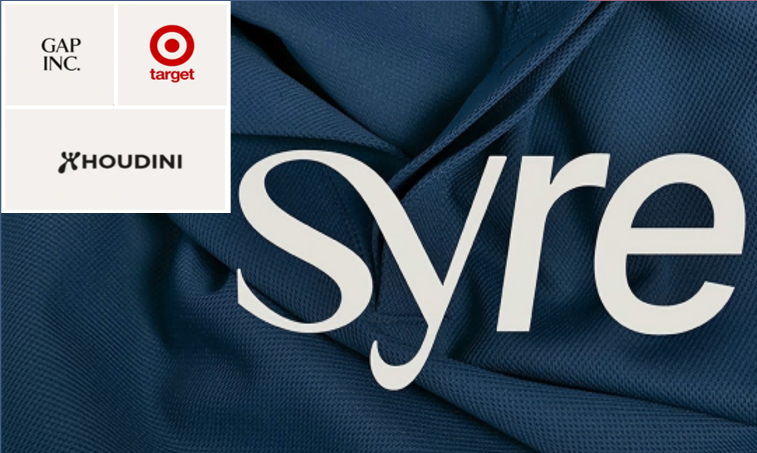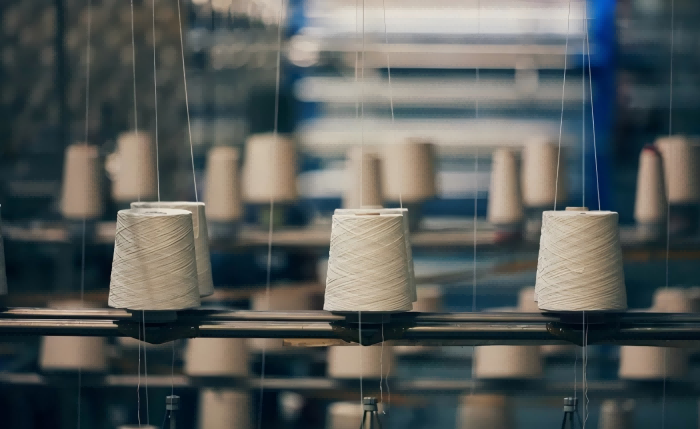In an unprecedented show of supply chain audacity, Gap, Target, and Houdini Sportswear have committed to purchase recycled polyester from startup Syre before its inaugural factory even opens. This pre-emptive $100M+ brand commitment (Gap alone orders 10,000 annual tonnes) marks apparel's boldest supply chain engagement with nascent textile-to-textile recycling technology.

Syre's blueprint relies on three synergistic pillars:
→ Full supply chain engagement – binding mills, fabricators, and cut-and-sew partners.
Syre's chemical depolymerization achieves what mechanical textile-to-textile recycling cannot:
→ Process contaminated blends (poly-cotton) at scale
This transforms 92M tonnes of annual textile waste from climate liability into premium raw material. For Gap's Dan Fibiger, securing this recycled polyester represents "a critical path to closing our climate gap."
What unites them? Reliable feedstock access requires deeper supply chain engagement – exactly why Gap, Target and Houdini's brand commitments matter beyond Syre. This market shift validates Yooretex's foundational belief: only system-wide textile-to-textile recycling infrastructure can combat the $480B polyester industry's 10% global carbon footprint.

Even Syre acknowledges their success demands radical transparency. Their "Blueprint Factory" launching in North Carolina must prove:
As Yooretex accelerates its own T2T verification frameworks, we celebrate brands putting capital behind innovation. Contact Yooretex to benchmark your recycled polyester strategy against emerging T2T standards – because sustainable transformation demands more than commitments: it requires circular systems thinking.
